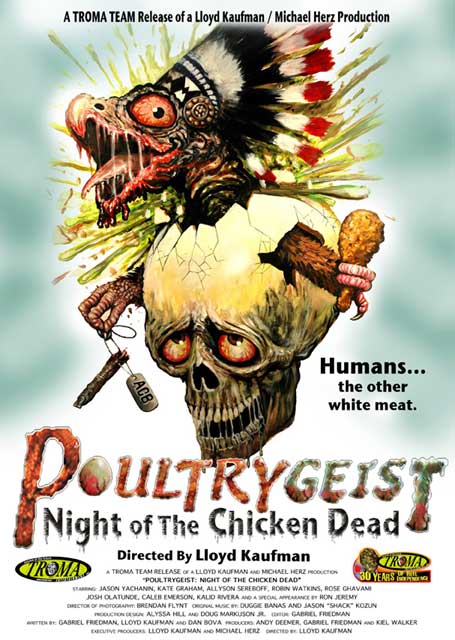Search This Blog
About FILMS: going, criticism, craft, festivals, etc, by Mr. Whiplash (aka Jack Gattanella).
Posts
Showing posts from October 11, 2015
Spooktacular Savings #13: Guillermo del Toro's CRIMSON PEAK (2015)
- Get link
- X
- Other Apps
Spooktacular Savings #12: Troma's POULTRYGEIST: NIGHT OF THE CHICKEN DEAD
- Get link
- X
- Other Apps
Spooktacular Savings #11: LOST SOUL: THE DOOMED JOURNEY OF RICHARD STANLEY'S ISLAND OF DR. MOREAU
- Get link
- X
- Other Apps
Spooktacular Savings #10: Jack Clayton's THE INNOCENTS (1961)
- Get link
- X
- Other Apps




